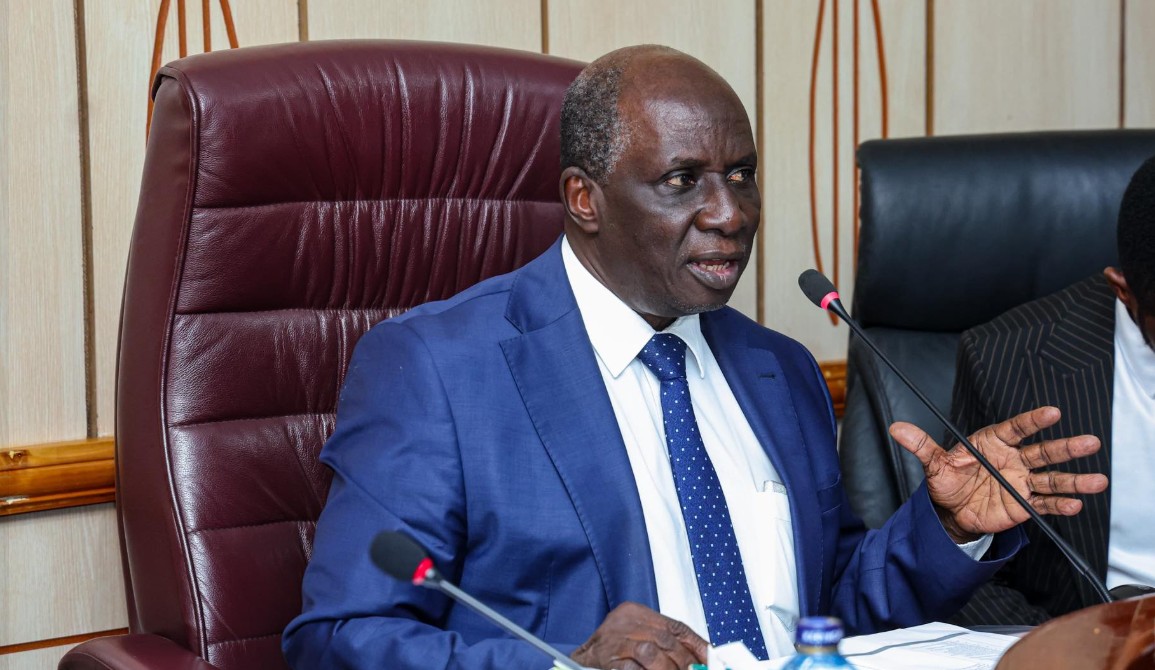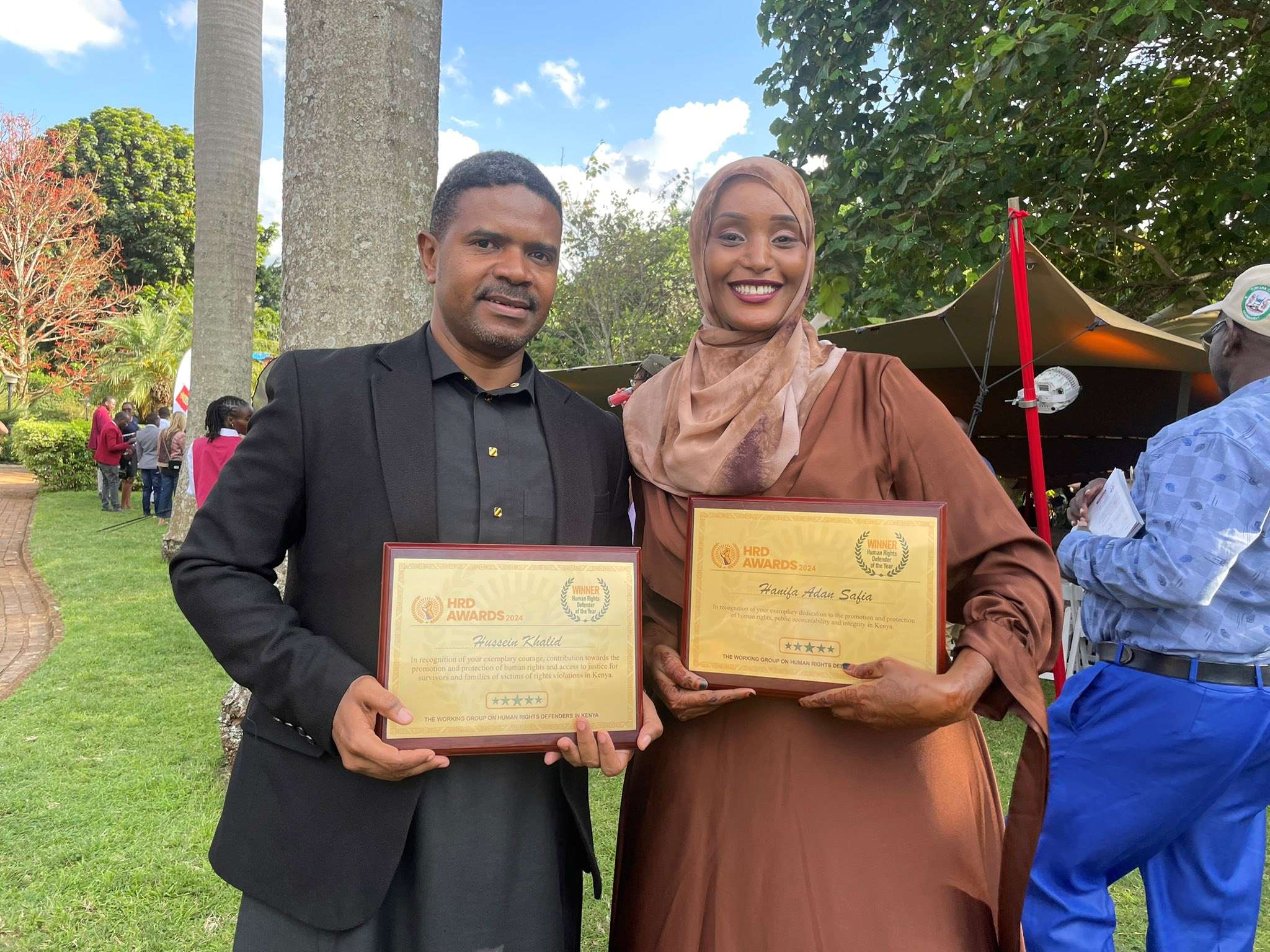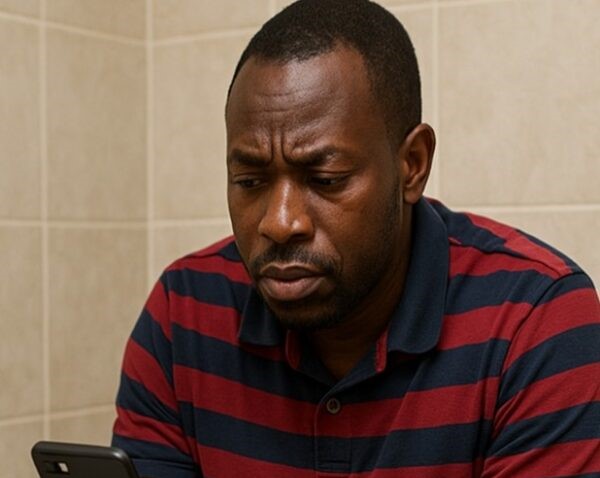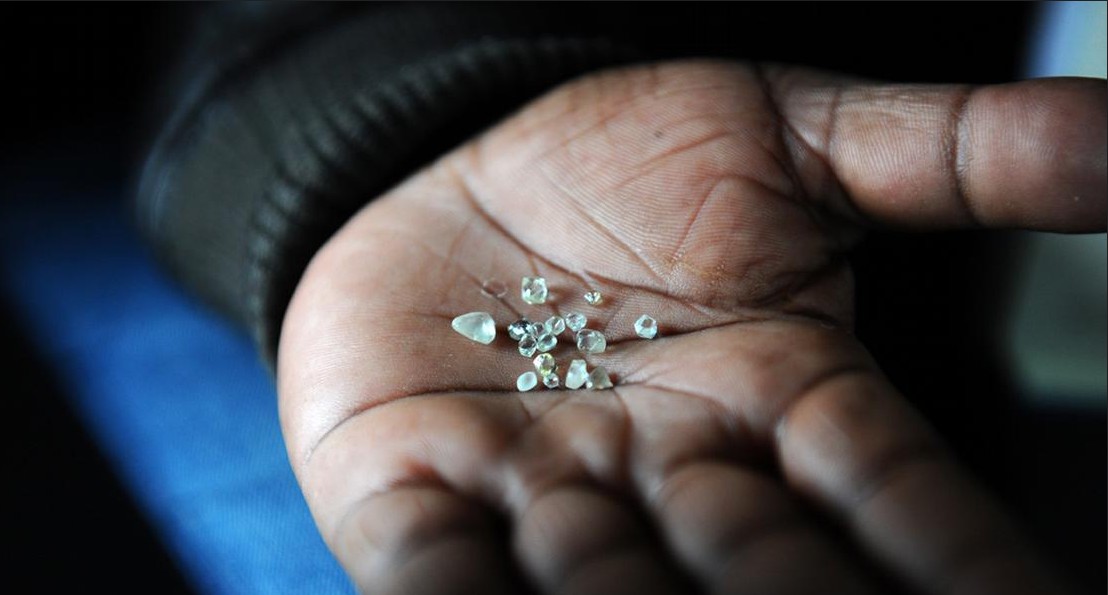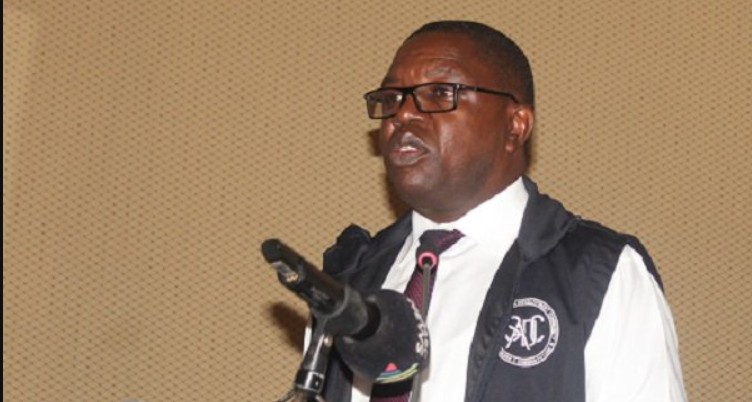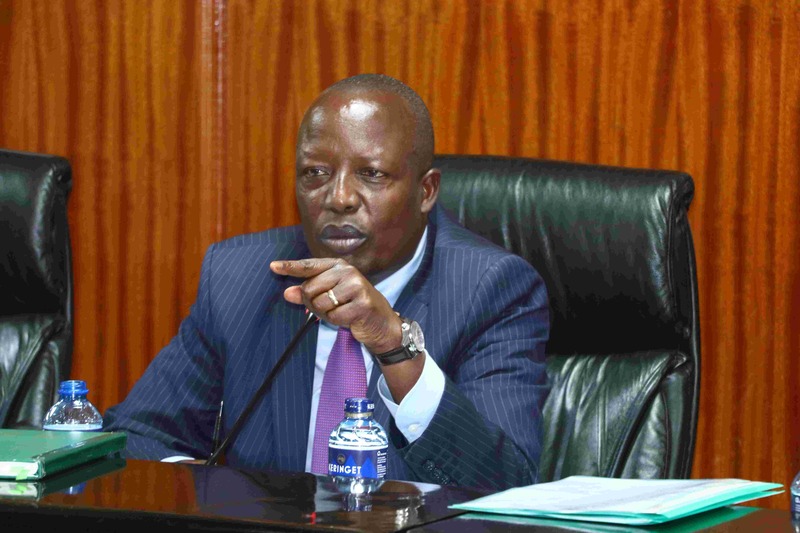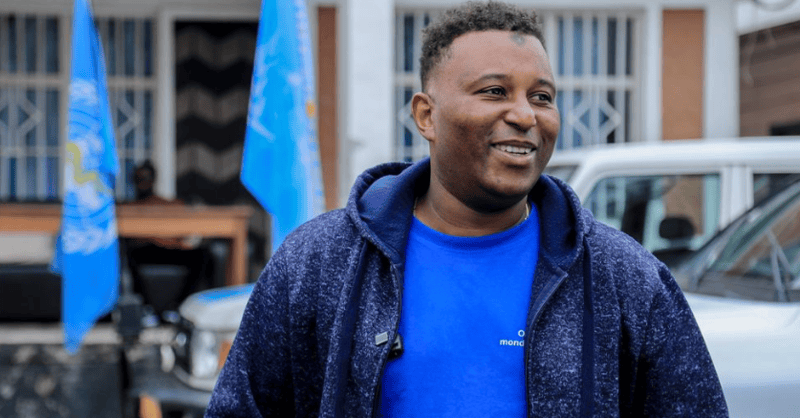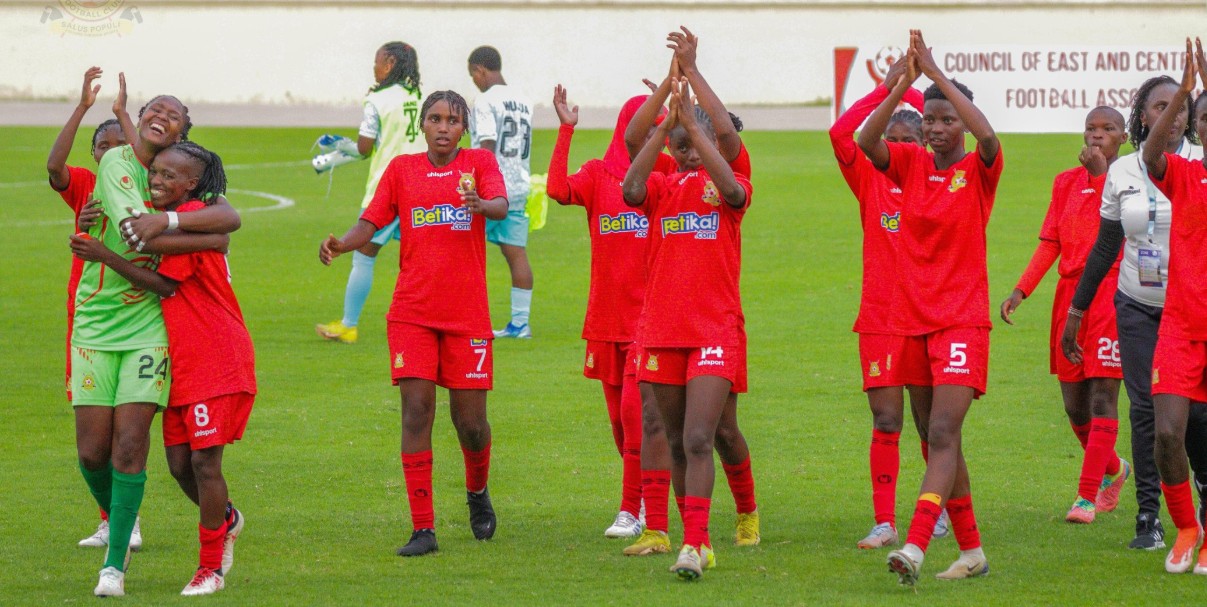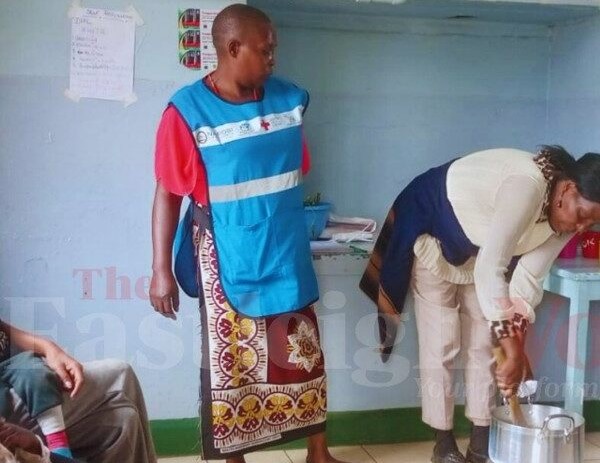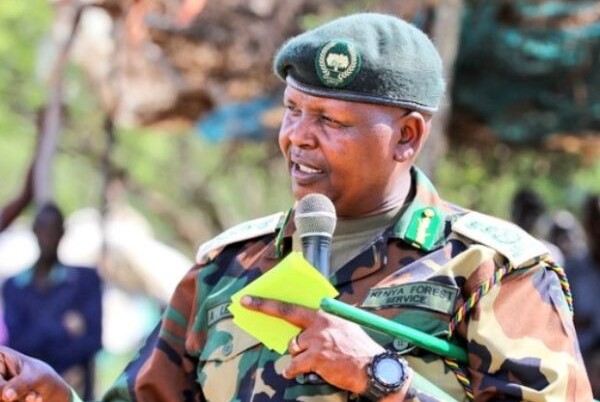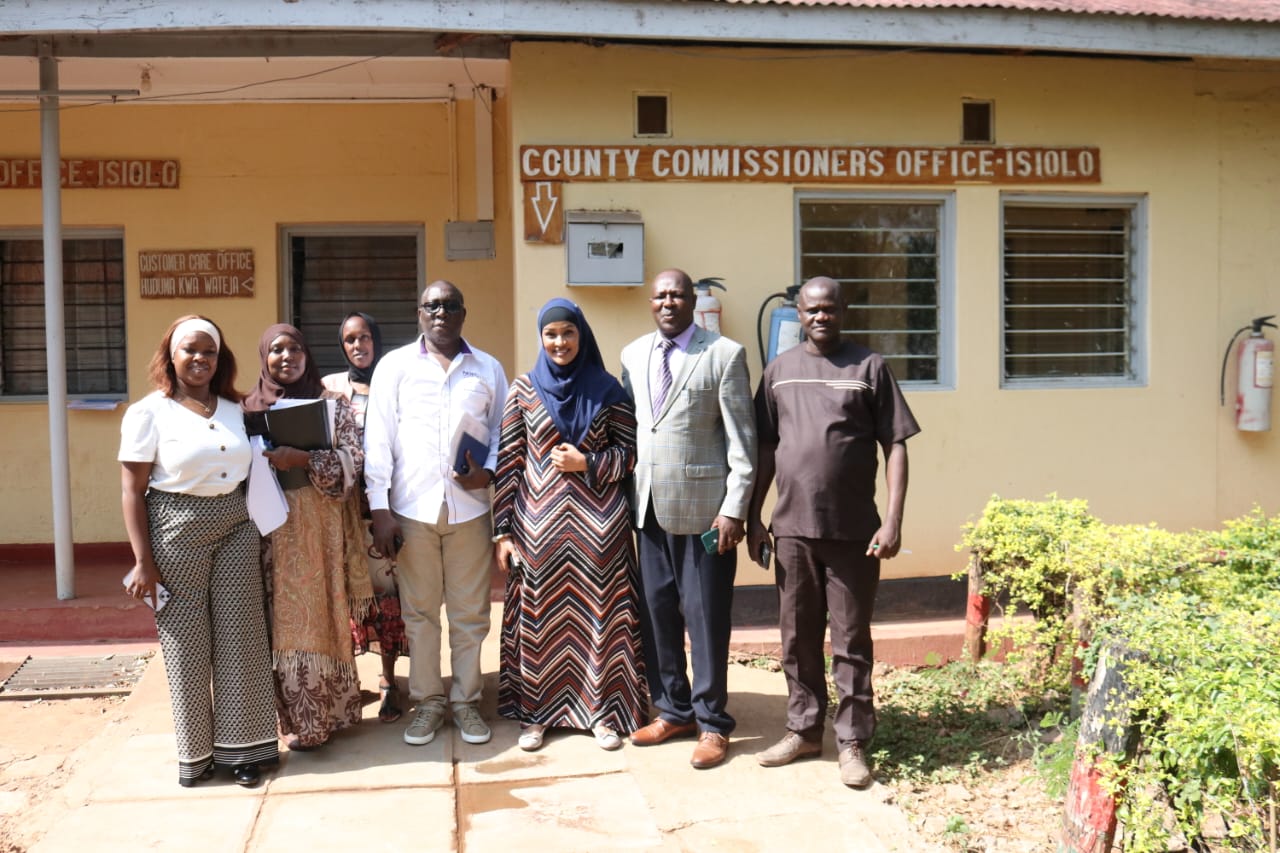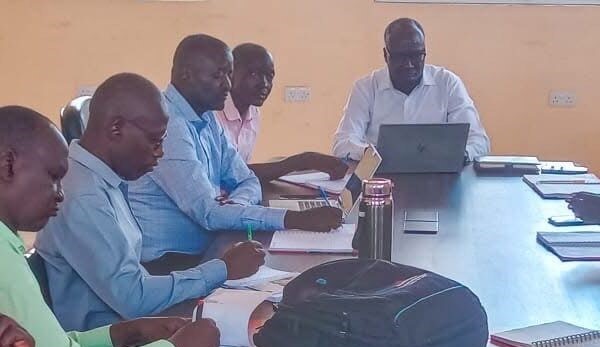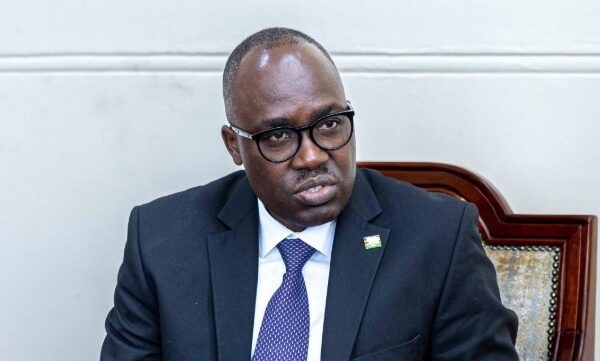South Sudan’s MPs demand answers amid deepening liquidity crisis
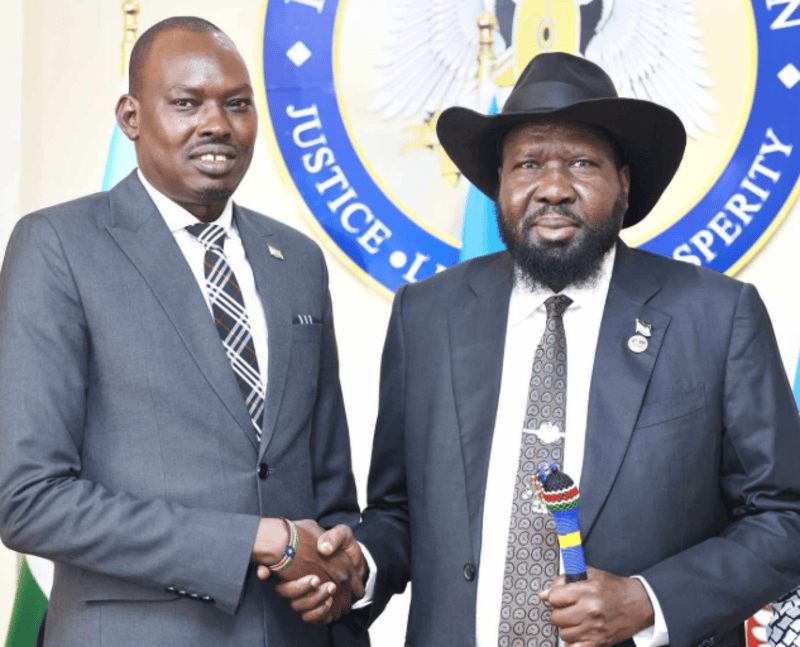
Commercial banks have reportedly been unable to dispense funds despite confirmation that salaries were deposited weeks ago.
South Sudan's parliament has erupted in frustration over an intensifying liquidity crunch that has left civil servants, security personnel, and even the MPs without salaries for weeks, underscoring the country's fragile economic foundations ahead of critical elections in 2026.
During Monday's sitting of the Transitional National Legislative Assembly (TNLA), the MPs called for the immediate summoning of the country's finance minister and central bank governor to explain the government's inability to disburse salaries, despite claims that payments have been processed.
More To Read
- SRC approves Sh43 billion salary rise despite wage bill concerns
- President Salva Kiir reshuffles Cabinet, again, to steady fragile coalition
- How civil servants are illegally drawing salaries from both counties, National Government
- South Sudan sees renewed clashes between gov't, opposition forces
- Felix Koskei urges coordinated communication in State agencies to curb misinformation
- Global charity warns of worsening humanitarian crisis in South Sudan
"All South Sudanese working in government institutions, including the organised forces, cannot withdraw their money," said MP Michael Ruot Koryom, who represents Nyirol County. "We need answers. Many of us are sick and cannot even afford treatment. Who is fooling us, the central bank or the finance ministry?"
Ruot's remarks echo the growing anxiety over the government's fiscal management as liquidity shortages tighten their grip on both the formal banking sector and ordinary citizens.
Commercial banks have reportedly been unable to dispense funds despite confirmation that salaries were deposited weeks ago.
John Agany, former chair of the parliamentary information committee, confirmed: "The central bank is not providing liquidity. This is a dire situation affecting every citizen, including us."
The government's silence has added to the frustration.
Finance Minister Dr. Marial Dongrin Ater acknowledged the cash crunch last month but has yet to offer a clear roadmap out of the crisis. Parliamentarians say the lack of clarity is endangering livelihoods and trust in state institutions.
Northern Bahr el Ghazal MP Anei John Akok questioned the legislature's priorities during a time of economic freefall. "South Sudan is in a critical situation. Why aren't we discussing inflation, unpaid civil servant salaries, or skyrocketing fuel prices?" he asked. "Fifteen of our colleagues did not attend today's sitting because their cars had no fuel."
The economic dysfunction also risks derailing South Sudan's already strained peace process.
The legislature returned this week from a seven-month recess with urgent tasks ahead: passing the 2025/2026 budget, settling months of unpaid wages, and preparing for the country's first post-independence elections.
But Speaker Jemma Nunu Kumba's decision to defer action, asking MPs to table a formal motion instead, has only sharpened public perception that parliament is adrift.
Critics say the government's focus is dangerously misaligned.
"A parliament that ignores its own economic collapse and security crises is dangerously out of touch," warned Ter Manyang, executive director of the Centre for Peace and Advocacy.
"The people are suffering, and their leaders must be held accountable."
South Sudan's economy remains almost entirely dependent on oil revenues, with little to no diversification in over a decade of independence.
The central bank's failure to inject liquidity into the system is now testing the resilience of state institutions already strained by conflict, weak governance, and political gridlock.
Top Stories Today

